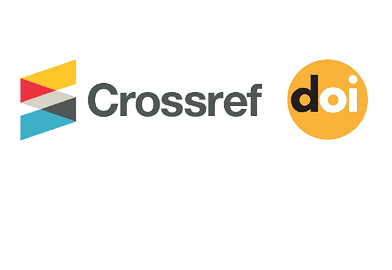Self-Concept, Social Support and Empathy in College Students
DOI:
https://doi.org/10.52461/pjap.v3i2.1194Keywords:
self-concept, social support, empathy, college studentsAbstract
The present study intended to find the relationship between
self-concept, social support and empathy in college students. A
purposive sampling technique was used to gather a sample of
200 participants (100 private college students, 100 government
college students), ranging from 16 to 18 years of age (M = 2.3,
SD = .74) was taken. The study comprised equal data of both
boys and girls. Urdu translated tools such as Urdu Adjective
Checklist (UAC), Multidimensional Scale of Perceived Social
Support (MSPSS) and Interpersonal Reactivity Index (IRI)
were used along with Informed Consent and Demographic
Sheet. Different statistical analyses were conducted. The
results of the analysis showed significant positive correlation
between self-concept and social support (r=.27**, p<.01)
while, self-concept and empathy have significant negative
correlation (r=-.23**, p<.01) in college students. Results also
showed that boys have high self-concept (M=162.72, SD=
30.52) as compared to girls (M=151.54, SD=14.26). Moreover,
social support significantly predicts self-concept (β=.26,
p=˂.001) with 7% of variance whereas, empathy negatively
predicts self-concept (β=-.20, p<.002) with 16% of variance in
college students. Results also showed gender as negative
predictor of self-concept in college students (β=-.21, p<.002)
with 12% variance while, results depict that family system
positively predicts the self-concept in college students (β=.16,
p<.02) with a variance of 18%. Results also showed that the
qualification of parents affects the level of empathy in students.
Students having qualified parents also had higher level of
empathy as compared to those with illiterate parents or lesser
educated
Keywords: Self-Concept, Social Support, Empathy, College Students.
Downloads
Published
How to Cite
Issue
Section
License
Copyright (c) 2023 Muhammad Qaiser Arif, Farhan Hashmi, Farah Akbar

This work is licensed under a Creative Commons Attribution-NonCommercial 4.0 International License.
All the articles editorially accepted for publication by the Pakistan Journal of Applied Psychology (PJAP) are licensed under the Creative Commons Attribution-NonCommercial 4.0 International (CC BY-NC 4.0) Submitting a manuscript to PJAP, the author has to certify that he/ she is authorized by other contributors (s) and co-author (s) to enter the publication process.




